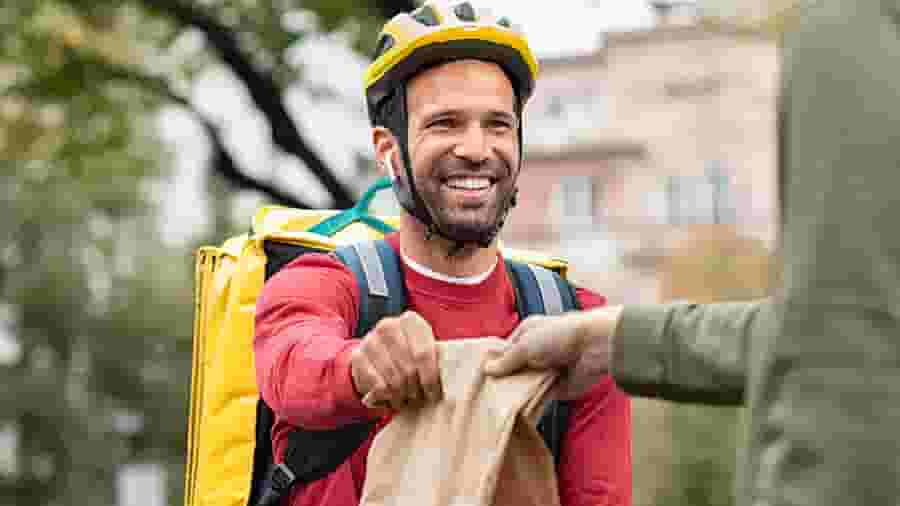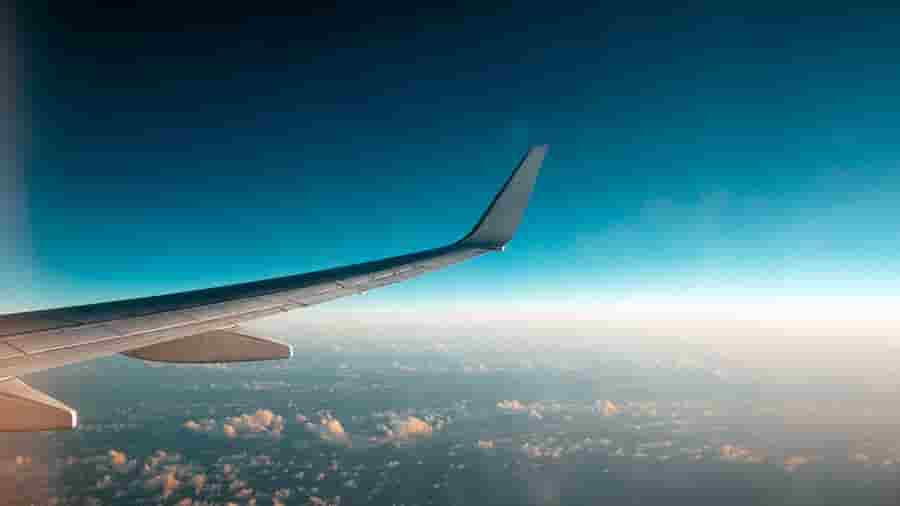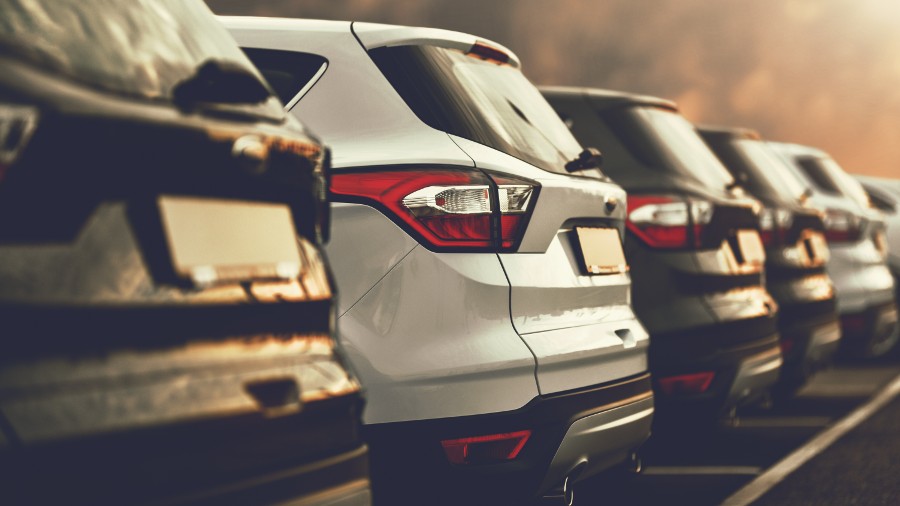Key Takeaways:
- You need to report your food delivery earnings on your tax return, no matter if it's a side job or your main gig.
- Getting an ABN (Australian Business Number) might be necessary, and the tax office could see you as a contractor.
- You have to sign up for GST if you make more than $75,000.
- You can claim many work costs on your taxes, like car expenses, phone bills, insurance, fees from delivery apps, parking, and tolls.
- But some things you can't claim include tickets, regular clothes, and food you eat while making deliveries.
- To claim car-related costs, you must keep a proper logbook or use the cents-per-kilometre method.
- Put aside a portion of your earnings (about 30%) during the year to pay for any taxes you might owe.


















